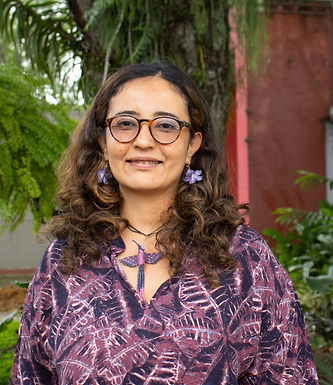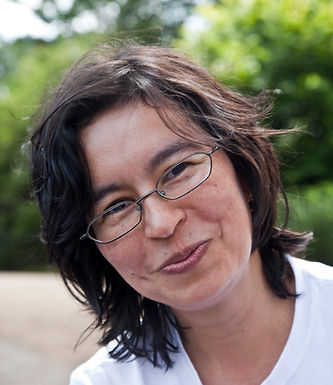CORPORACION CENTRO INTERNACIONAL DE ENTRENAMIENTO E INVESTIGACIONES MEDICAS (CIDEIM)
Cali, Colombia

Since 1961, CIDEIM has pioneered biomedical research in global health and infectious diseases in Colombia, with a particular focus on tropical medicine and neglected diseases. CIDEIM is a WHO collaborating center in leishmaniasis since 1992. The multidisciplinary approach to infectious disease research (including vector-borne -leishmaniasis, dengue, malaria-, syphilis, tuberculosis, among others), integrates immunology, molecular and cell biology, epidemiology, pharmacology, clinical and social research. This, together with access to affected populations and technological infrastructure, converge in a unique environment enabling basic and applied research outcomes to promote the wellbeing of vulnerable populations impacted by neglected infectious diseases in Colombia and the region. Our research programs explore 1) the molecular basis of host responses driving divergent clinical outcomes of vector-borne infections, and the cellular mechanisms involved in therapeutic responses; 2) innate and adaptive immunity in infection and disease; 3) molecular epidemiology and population genetics of microbial pathogens in the context of drug resistance and pharmacovigilance; and 4) and social determinants of endemicity and prevalence of disease. In the Yellow4FLAVI consortium, we will bring our clinical, translational and social research expertise to investigate the innate and adaptive immune determinants of the response to yellow fever vaccination in individuals with pre-exposure to dengue virus, and the social factors influencing vaccine acceptability in communities where flaviviral infections are endemic.
Project Team
Project tasks
Work Package 2 Identification of host factors that predict and influence the vaccine response to YF17D
-
Task 2.2. Lead: Recruiting and collecting samples from new Colombian cohorts vaccinated with YF17D
-
Task 2.3. Quantification and serological characterisation of the vaccine response to YF17D in the collected cohorts
-
Task 2.4. Investigate host factors that predict and influence the vaccine response to YF17D
Work Package 5 Mixed-methods research on perceptions of novel vaccine technologies and conceptions of (vaccine induced) immunity: lessons for (flavivirus) risk communication
-
Task 5.1. Conceptions of (vaccine-induced) immunity and novel vaccine technologies – a qualitative study
-
Task 5.2. Prevalence of knowledge and acceptance of novel vaccine technologies and perceived barriers to vaccination, preparedness uptake and in cross-cultural comparison
-
Task 5.3. Theory-based experimental communication intervention to increase vaccination education and acceptance, in particular in vulnerable subpopulations
-
Task 5.4. Public roll-out of vaccine risk communication materials and strategies







